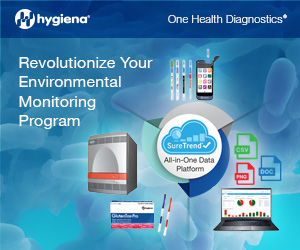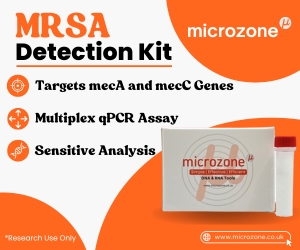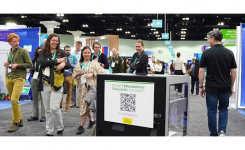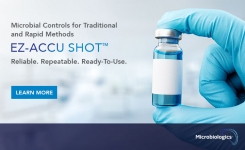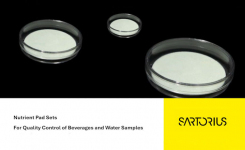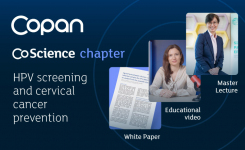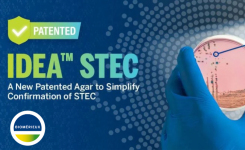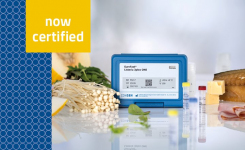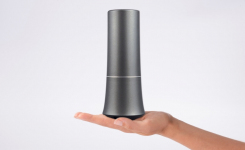ReaX™ PCR Assays For Effortless Detection of Hospital Acquired Infections
go back to news archivesQ Chip Ltd, has expanded its ReaX™ range of enhanced PCR products by the introduction of ReaX beads for the detection of bacterial and viral hospital acquired infections (HAIs). The product portfolio currently includes assays for MRSA, Klebsiella and Pseudomonas with tests for norovirus, Clostridium difficile and Vancomycin Resistant Enterococcus (VRE) scheduled for launch early next year. A single bead is a complete PCR assay in an extremely easy-to-use format with a much simplified workflow compared to some currently available molecular diagnostic tests. The ReaX MRSA bead contains a multiplex end-point PCR assay to identify antibiotic (mecA) resistant Staphylococcus aureus. The ReaX beads for Klebsiella and Pseudomonas contain all the assay components including the probes & primers for a real time PCR assay. The format for the norovirus assay is a two step RT PCR assay consisting of two beads: an RT ReaX bead and a qPCR bead. Use of ReaX reduces both set up times and errors caused by pipetting and enable less skilled operators to perform complex molecular assays. Compared to standard assay protocols, ReaX HAI beads increase test reproducibility and reduce false negative and false positive results. The ReaX HAI bead product range is not currently regulated, however, the assays and manufacturing capability are available for licence. The ReaX format offers the first real alternative to lyophilisation as a stability technology for molecular applications. The ReaX beads are produced from hydrogel polymers in Q Chip´s proprietary MicroPlant™ microfluidic device. The unique microchemistry properties of the MicroPlant - uniformity, flexibility, compatibility with sensitive biologics - make it an ideal system for stabilisation and packaging of biological materials. |
NOTE: This item is from our 'historic' database and
may contain information which is not up to date.
Source : Q Chip Ltd View archived contact details
Posted on October 29, 2008



